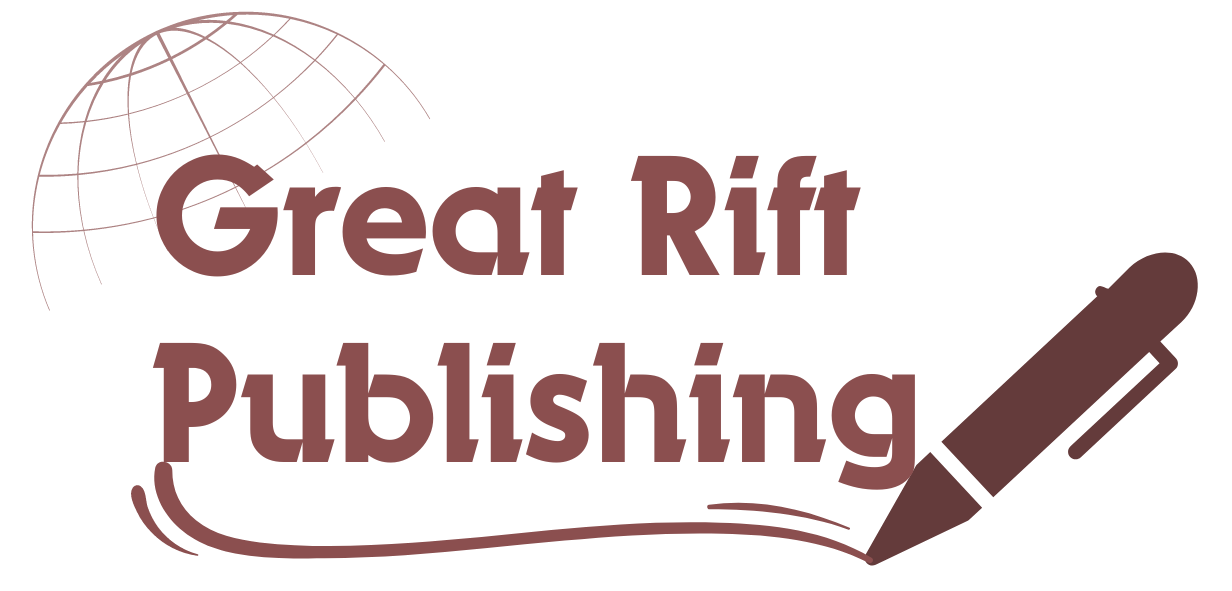Publication Ethics
- Home
- Publication Ethics
Great Rift Publishing
Publication Ethics
The publication of an article in a peer-reviewed journal is an essential building block in the development of a coherent and respected network of knowledge. It is a direct reflection of the quality of work of the author and the institutions that support them. Peer-reviewed articles support and embody the scientific method. It is therefore important to agree upon standards of expected ethical behavior.
Ethics topics to consider when publishing:
- Authorship of the Paper:
- Limited to those who significantly contributed to the conception, design, execution, or interpretation of the study.
- Originality and Plagiarism:
- Authors must ensure their work is entirely original and appropriately cite or quote the work of others.
- Data Access and Retention:
- Authors may be required to provide raw data for editorial review and should be prepared for public data access.
- Multiple, Redundant, or Concurrent Publication:
- Avoid publishing essentially the same research in multiple journals.
- Specify instances that do not constitute prior publication.
- Acknowledgment of Sources:
- Proper acknowledgment of all sources is mandatory.
- Disclosure and Conflicts of Interest:
- Authors must disclose all relationships that could be viewed as presenting a potential conflict of interest.
- Fundamental Errors in Published Works:
- Authors should promptly notify editors of significant errors or inaccuracies and cooperate in retraction or correction.
- Reporting Standards:
- Present an accurate account of the research performed and provide an objective discussion of its significance.
- Hazards and Human or Animal Subjects:
- Compliance statements required for work involving hazardous materials, procedures, equipment, or the use of animal or human subjects.
- Use of Patient Images or Case Details:
- Studies involving patients or volunteers require ethics committee approval and documented informed consent.
Duties of Editors:
Fair Play and Editorial Independence:
- Evaluate manuscripts based on academic merit and relevance, without bias.
- Decisions should not be influenced by external factors, and the Editor-in-Chief has full authority.
- Confidentiality:
- Keep information about submitted manuscripts confidential, sharing it only with relevant parties.
- Disclosure and Conflicts of Interest:
- Avoid using unpublished information for personal research without consent.
- Maintain confidentiality and recuse from handling manuscripts with conflicts of interest.
- Publication Decisions:
- Ensure peer review for all submitted manuscripts.
- The Editor-in-Chief is responsible for final publication decisions based on validation, importance, and legal requirements.
- Involvement in Investigations:
- Collaborate in ethical investigations and take responsive measures to address concerns about submitted or published content.
Additional Duties of Editors:
- Contribution to Editorial Decisions:
- Use peer review to make informed editorial decisions and assist authors in improving their manuscripts.
- Promptness:
- Referees should promptly notify editors if they cannot review a manuscript to facilitate alternative arrangements.
- Standards of Objectivity:
- Reviews should be objective, with clear and supportive arguments. Personal criticism of authors is inappropriate.
- Acknowledgement of Sources:
- Identify relevant published work not cited by authors.
- Notify editors of any substantial similarity between the manuscript and other works.
- Disclosure and Conflicts of Interest for Reviewers:
- Referees should declare conflicts of interest and decline review invitations if they have connections to the manuscript or authors.
- Confidentiality of peer review must be maintained, and privileged information should not be used for personal advantage.
Duties of Authors:
- Reporting Standards:
- Present an accurate account of the work performed and the results.
- Provide sufficient detail and references for others to replicate the work.
- Differentiate between review articles, objective research, and opinion pieces.
- Data Access and Retention:
- Be prepared to provide raw data for editorial review.
- Make data publicly available if possible and ensure accessibility for at least 10 years.
- Originality and Plagiarism:
- Submit entirely original work and appropriately cite others.
- Plagiarism in any form is considered unethical and unacceptable.
- Submission/Publication Ethics:
- Avoid submitting the same research to multiple journals.
- Seek agreement for secondary publication and cite the primary reference.
- Authorship Criteria:
- Only individuals meeting specific criteria should be listed as authors.
- Acknowledge contributions of those not meeting authorship criteria in the “Acknowledgements” section.
- Disclosure and Conflicts of Interest:
- Disclose conflicts of interest that may influence results or interpretation.
- Include financial and non-financial disclosures and sources of financial support.
- Acknowledgment of Sources:
- Properly acknowledge the work of others and cite influential publications.
- Obtain explicit written permission before using information obtained privately.
- Hazards and Human/Animal Subjects:
- Identify hazards inherent in the use of chemicals, procedures, or equipment.
- Ensure compliance with laws and institutional guidelines for work involving animals or human participants.
- Peer Review:
- Participate in the peer review process.
- Respond promptly to editors’ requests for data, clarifications, and revisions.
- Fundamental Errors:
- Promptly notify editors of significant errors or inaccuracies in published works.
- Cooperate with editors to correct or retract the paper when necessary.
Duties of a Publisher:
- Handling Unethical Publishing Behavior’s:
- Collaborate with editors to address alleged or proven scientific misconduct, fraudulent publication, or plagiarism.
- Take appropriate measures, such as publishing errata, clarifications, or retractions as needed.
- Work with editors to identify and prevent the publication of papers involving research misconduct.
- Avoid encouraging or knowingly allowing research misconduct to occur.
- Access to Journal Content:
- Commit to the permanent availability and preservation of scholarly research.
- Ensure accessibility by establishing partnerships with organizations and maintaining a digital archive.




